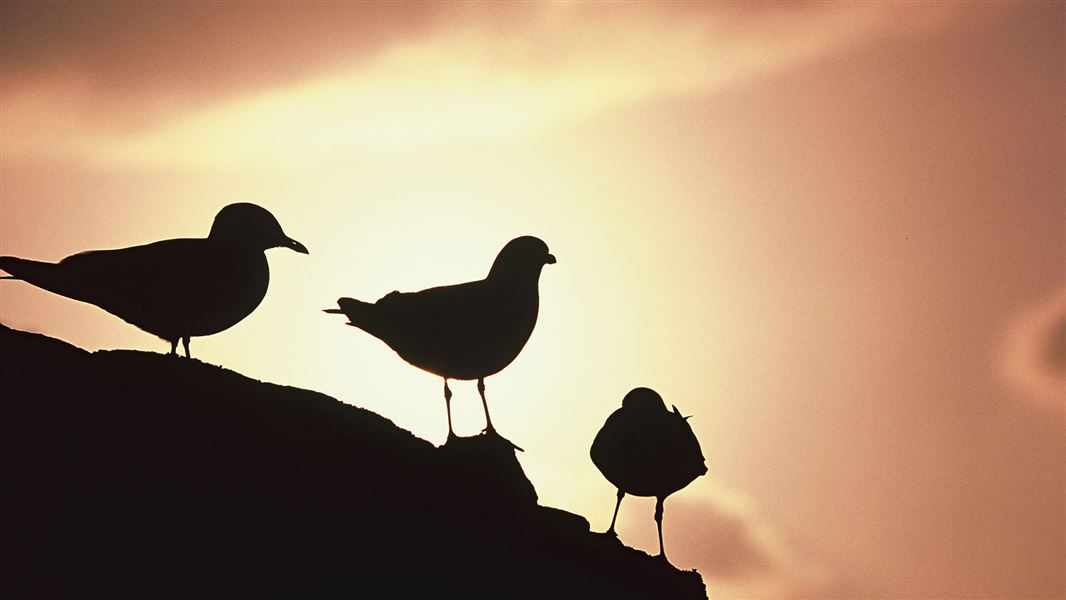Archived content: This media release was accurate on the date of publication.
Date: 02 June 2022
DOC has received reports of birds of several species found dead or dying at the reserve, on the northern shores of Lake Rotorua. Fish & Game NZ Eastern Region has also received reports of dead ducks, along with gulls, being found in the Hamurana area since mid-March.
The dead and dying birds include several red-billed gulls – a protected species – as well as mallard ducks, black shags and a cygnet.
DOC Compliance Officer Hayden Loper says the discovery of the dead and dying birds occurred through mid-May, with information provided directly by two members of the public and also by a Fish & Game staff member.
Hayden Loper says current evidence points toward a poisoning, so DOC is investigating he says.
“The necropsy of one bird by a local vet has revealed an unknown substance in its gut, while a Fish & Game officer has found and removed a potentally toxic paste – thought to be the avian poison alphachlorolose – has been found at Hamurana Reserve, and removed,” Hayden Loper says.
Alphachlorolose is a narcotic used to control birds such as sparrows, mynas, blackbirds and magpies. It sedates pest or nuisance birds so they can be culled humanely. Non-target species can be revived after ingesting the product. It is sold under a number of brand names and forms – and when the paste form is used in public places, warning signs should be installed.
There is a legal obligation under the Agricultural Compounds and Veterinary Medicines Act (administered by the Ministry for Primary Industries) to use any of alphachlorolose products as specified on the label – this includes only targeting species on the label.
The use of alphaclorolose in a public place requires authority from the landowner. Iwi Ngati Rangiwewehi, which owns the reserve, says no one has been given permission to use the product at the site, and local councils have also confirmed they have no current bird control operations in the area.
“We have two serious concerns here,” says Hayden Loper. “Firstly, we’ve got a potentially toxic substance being used in a public area without the right permission, and secondly, we’ve got protected native wildlife being harmed as bykill in someone’s effort to control another species of bird.
“This may be a deliberate attempt to poison birds with an endemic protected species among those affected, DOC is calling on the public for information which may prove helpful to our investigation.”
Ngāti Rangiwewehi Te Tāhuhu o Tawakeheimoa Deputy Chair Mercia-Dawn Yates says Ngāti Rangiwewehi values wildlife and particularly any that make Hamurana home.
“As owner and katiaki of the reserve we have a responsibility to care for all taonga, and have not given permission for this activity,” she says.
“We want this activity to cease, and we are supporting DOC in ending this activty. Please report any information as soon as possible.”
The red-billed gulls are protected by the Wildlife Act, and anyone deliberately killing or harming the bird can face a fine of up $100,000 or a two-year prison sentence if proven or admitted in court.
Any members of the public with information, including witnessing suspicious activity at the reserve, should call 0800 DOC HOT, email wildlifecrime@doc.govt.nz, or Fish & Game on 0800 POACHING (0800 762 244) OR 07 357 5501.
Although relatively common – and a species most New Zealanders will be familiar with – red-billed gulls are declining in number. The colony at Rotorua is unusual because it is inland, rather than coastal.
Contact
For media enquiries contact:
Email: media@doc.govt.nz
